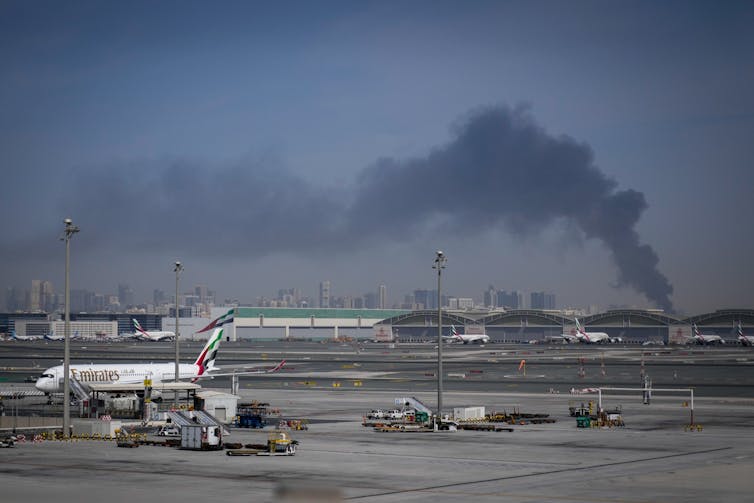
Colombia’s oil industry faces a critical downturn as major international oil companies withdraw from the country due to escalating violence, tax increases, and new exploration bans. Under the leadership of Gustavo Petro, Colombia’s first leftist president, the government’s policies have created significant uncertainty for the oil sector, prompting a wave of exits by global energy supermajors.
Since assuming office in August 2022, Petro has implemented regulations that have raised concerns about the future of Colombia’s hydrocarbon industry. Following the ban on hydraulic fracturing and increased taxation, companies like ExxonMobil have chosen to halt operations. By April 2023, ExxonMobil had abandoned eight exploration and production contracts, a move that severely impacts the country’s economically vital oil sector.
The tax regime has come under scrutiny as well. A new tax law introduced in November 2022 imposed levies that escalate based on international oil prices, starting at 5% when the price exceeds $67.30 per barrel and rising to 15% at higher price points. The Colombian government also attempted to eliminate the tax deductibility of royalty payments, although this was overturned by the Constitutional Court. Despite this, the fiscal landscape remains challenging, with Colombia’s credit ratings from S&P Global Ratings and Moody’s being downgraded to the lowest investment grade levels. The budget deficit is projected to reach 7.1% of gross domestic product (GDP), up from an earlier target of 5.1%%.
The security situation in Colombia has deteriorated significantly, with rising violence in rural areas where the oil industry operates. The collapse of Petro’s “total peace” policy has led to increased conflict between state forces and armed groups, including the National Liberation Army (ELN) and dissident factions of the Revolutionary Armed Forces of Colombia (FARC). This instability has resulted in frequent violent incidents in oil-rich regions, further complicating operations for companies still active in the country.
Companies that remain face additional challenges. The Petro administration has ceased to award new hydrocarbon exploration contracts, and a temporary levy on crude oil sales, initially intended to last 90 days, is likely to be extended indefinitely. This has raised concerns about the long-term profitability of petroleum operations.
The increase in cocaine production, particularly in areas crucial to the oil sector, exacerbates the violence. Colombia is estimated to have produced 2,664 metric tons of cocaine in 2023, with coca cultivation expanding to a record 253,000 hectares. This surge in illegal activity directly impacts the hydrocarbon industry, as pipelines and transport routes are increasingly targeted.
In light of these challenges, Shell announced its exit from three offshore natural gas blocks in April 2025, while Repsol plans to divest from onshore operations, further indicating the declining attractiveness of Colombia as an investment destination. The Colombian government, particularly through Ecopetrol, aims to continue development in these areas, although the outlook remains bleak.
The consequences of these corporate withdrawals extend beyond the oil industry, potentially triggering a broader energy crisis in Colombia. With a dependency on thermal power plants, any significant decline in oil production could disrupt supplies to homes and businesses, worsening the already fragile economic situation.
As Colombia grapples with these multifaceted challenges—ranging from fiscal instability to escalating violence—the future of its oil industry looks increasingly uncertain. The government must navigate these issues carefully to restore investor confidence and stabilize the country’s critical energy sector.







